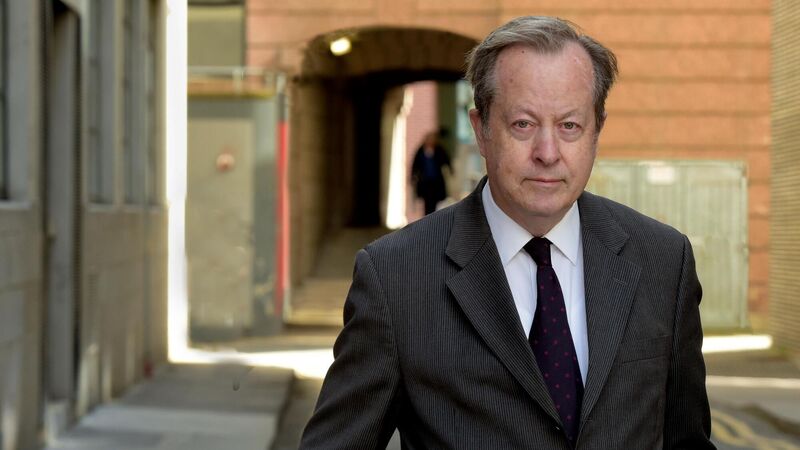We need to keep Ireland's land in Irish hands

Edmund Honohan. Picture: Moya Nolan
Do we need to know who owns the land of Ireland? Shouldn’t ownership be public knowledge? What would happen if the nation’s register of title was degraded by inaccuracies?
Here’s where we’re at: credit servicers are claiming ownership on the register. No credit servicer owns land: the clue is in the name — the servicer is providing a service to the owner of the credit secured on the land.













